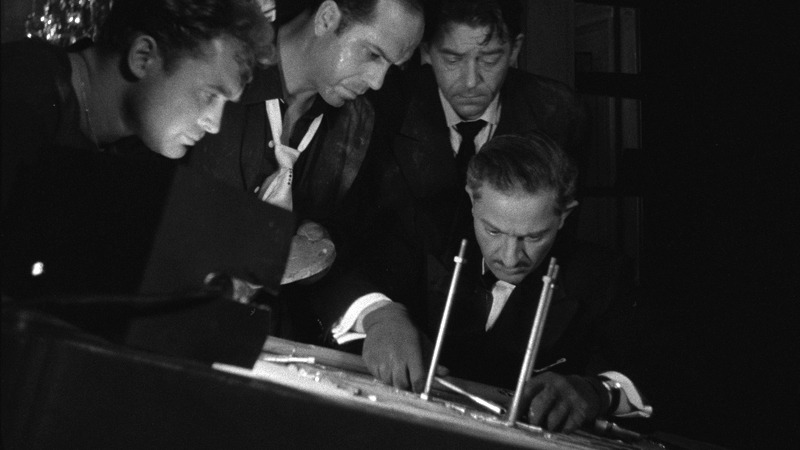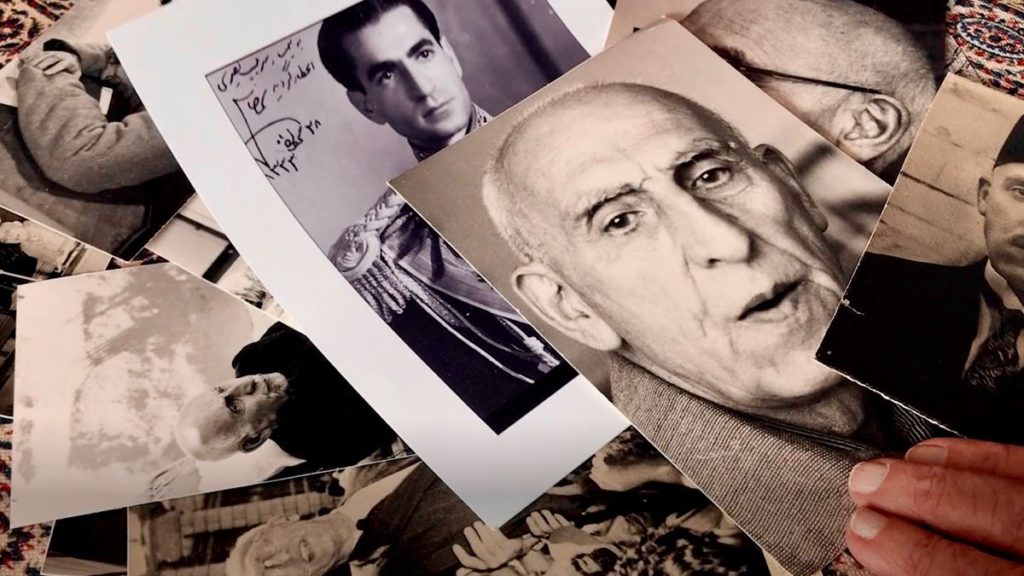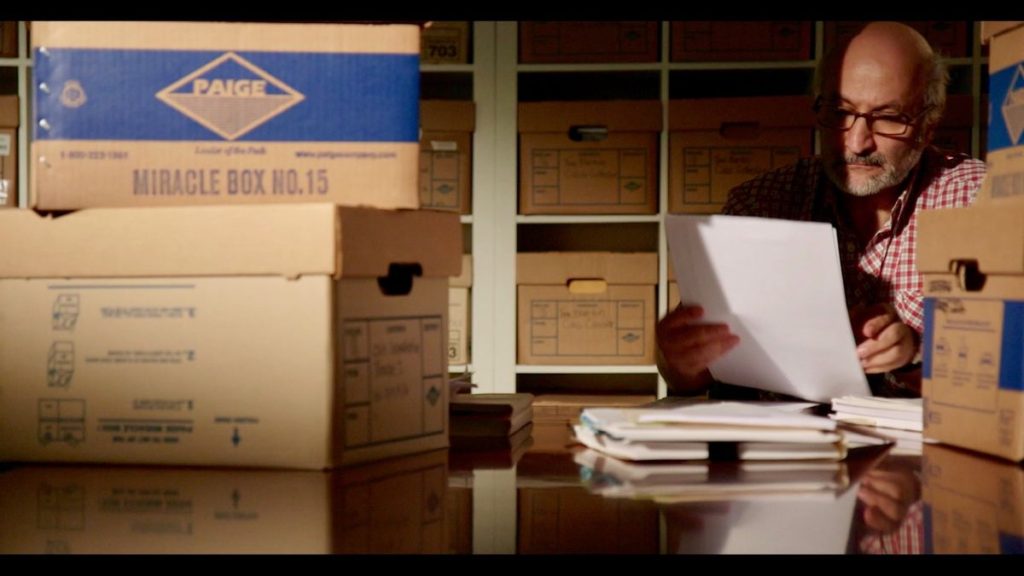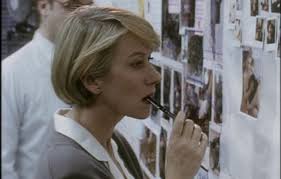
This week: a binging recommendation for Labor Day Weekend, a revealing new documentary, a remembrance and the most eclectic watch-at-home recommendations you’ll find ANYWHERE.
REMEMBRANCE
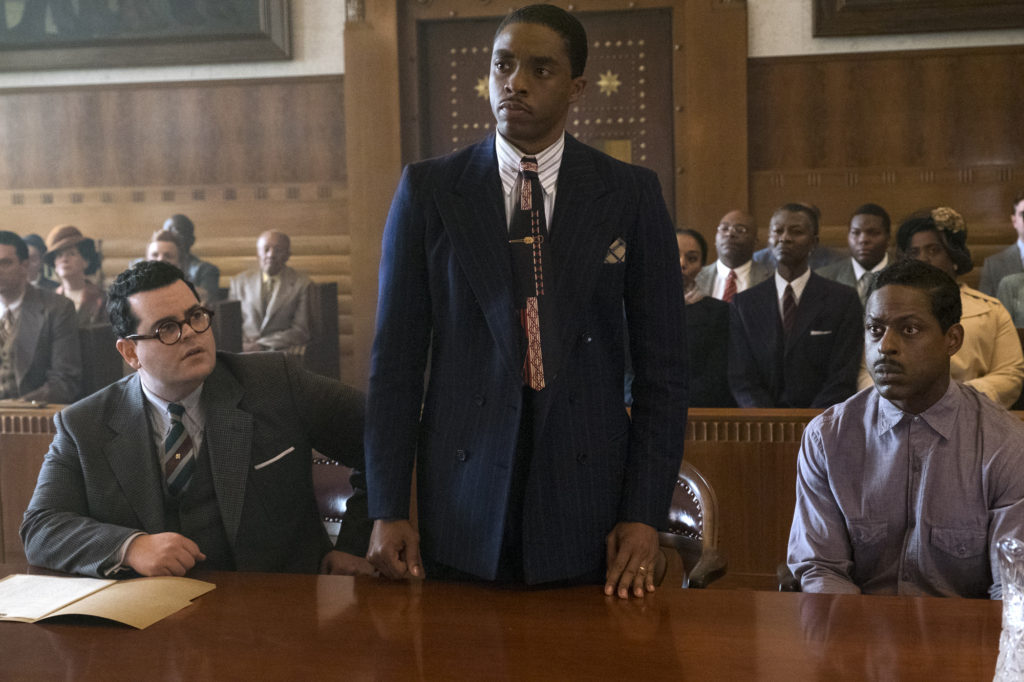
Actor Chadwick Boseman, an emerging superstar after his iconic role in Black Panther, was able to humanize real life icons like Jackie Robinson, Thurgood Marshall and James Brown. My favorite Boseman performance was in Marshall, available from all the major streaming platforms,
ON VIDEO
Prime Suspect: Binge the 25 hours of Prime Suspect, with Helen Mirren’s extraordinary performance as Detective Jane Tennison. And here’s a look at its great supporting performances. All seven series of Prime Suspect can be streamed from Amazon (included with Prime).
Coup 53: Superbly researched documentary on the 1953 Iranian coup d’etat manufactured by the UK and the US, complete with new revelations. Available to stream on Virtual Cinema; I watched it at the Roxie.
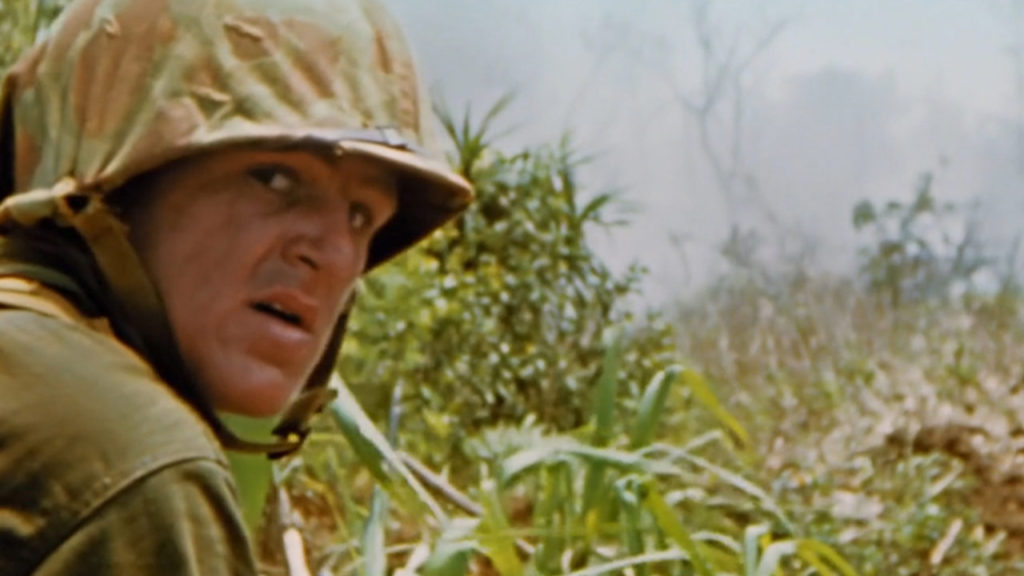
Apocalypse ’45: Never-before-seen color film and the memories of survivors bring to life the grisly final two years of WWII in the Pacific. It premieres this weekend on the Discovery Channel .
The August Virgin: In the best movie of summer 2020, a young woman switches up Madrid neighborhoods to mix things up in her life. It’s a lovely and genuine story of self-invention, and it’s on my list of Best Movies of 2020 – So Far. The August Virgin is streaming on Virtual Cinemas, like San Rafael’s Rafael or Laemmle’s in LA.
The most eclectic watch-at-home recommendations you’ll find ANYWHERE:
- An Easy Girl: summer school in Cannes
- She Dies Tomorrow: you have not seen this before
- The Speed Cubers: odd, and then profound
- Gordon Lightfoot: If You Could Read My Mind: no, I hadn’t thought of him for decades, either
- Summerland: finally arrives at heartwarming
- The Go-Go’s: five women do what men do
- The Booksellers: we collect what we treasure
- Yes, God, Yes: learning that hypocrisy is a choice.
- Dateline-Saigon: the truth will out
- Mucho Mucho Amor: The Legend of Walter Mercado: gentleness and flamboyancy
- Step into Liquid and Riding Giants: Get stoked with the two most bitchin’ surfing documentaries.
- The Truth: Reconciling your truth with another’s. Best Movies of 2020 – So Far.
- John Lewis: Double Trouble: an icon remembered.
- The 11th Green: a thinking person’s conspiracy
- Inmate #1: The Rise of Danny Trejo: redemption never gets old
- Driveways: I can’t think of a more authentic movie about intergenerational relationships than this charming, character-driven indie. Best Movies of 2020 – So Far.
- The Lovebirds: A rom com with a playful plot and a truthful relationship.
ON TV
On September 6, Turner Classic Movies will broadcast the top heist film ever, the pioneering French classic Rififi: After the team is assembled and the job is plotted, the actual crime unfolds in real-time – over thirty minutes of nerve-wracking silence.
